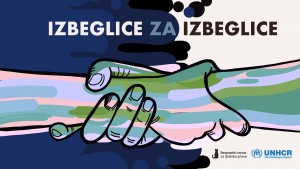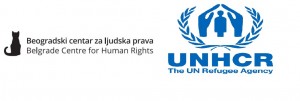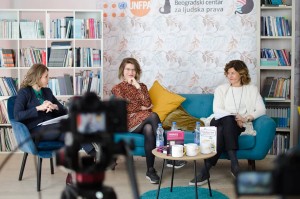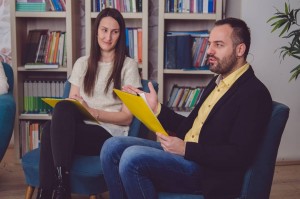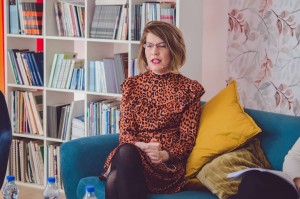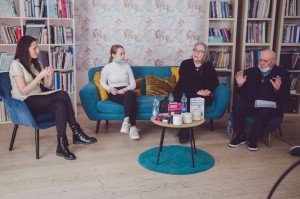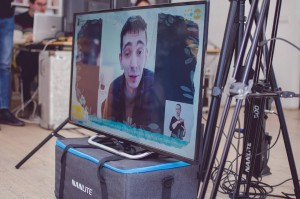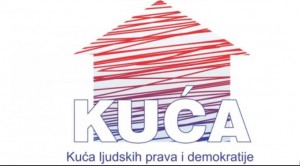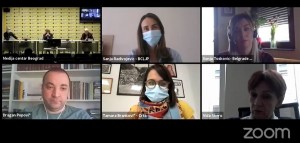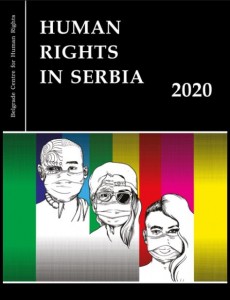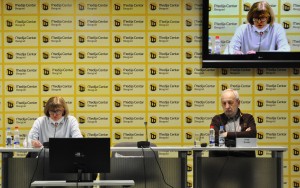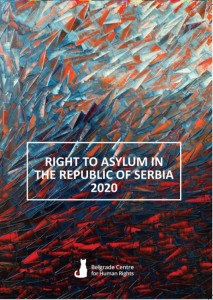CoolTour Tube -Together Again!
 Call for Applications for the COOLTOUR TUBE Programme, an intercultural workshop for local and refugee and asylum-seeking youth CoolTour Tube is back after a brief break! We’ll be exploring how much we can achieve, learn and benefit together!
Call for Applications for the COOLTOUR TUBE Programme, an intercultural workshop for local and refugee and asylum-seeking youth CoolTour Tube is back after a brief break! We’ll be exploring how much we can achieve, learn and benefit together!
Two BCHR programmes (the Asylum and Migration Programme and the Youth Programme) have joined forces years ago to implement CoolTour Tube, a programme engaging hundreds of young people in its activities. CoolTour Tube is a programme for integration, intercultural learning and solidarity of youth, encouraging communication and active exchange among youth from different cultural, ethnic and/or religious backgrounds and advocating the full integration of all youth in society! The programme brings together youth from Serbia and young refugees from Afghanistan, Iran, Syria, Pakistan and other countries.
This year’s CoolTour Tube will include:
– Workshops on identity, interculturality, stereotypes and prejudice, which will help us understand the main concepts and become interculturally sensitive;
– Joint activities and social events. You will have the opportunity to go together to various cultural and social events and get to know each other;
– Being a buddy! You will have the opportunity to be a buddy and yourself support the inclusion of refugees and asylum seekers in society!
– Workshops you will implement! Those of you motivated to share what you’ve learned will have the opportunity to conduct your own workshops. The workshops will be led by pairs, a youth from the local community and a refugee or asylum-seeking youth.
Three two-day workshops will be held in April and May. The joint cultural and social events will take place in June and the workshops conducted by youth will be implemented in September and October.
The first workshop will be held on 8 and 9 April, from 5 to 7 pm in the Human Rights House. The participants will have to comply with all anti-COVID-19 measures. The dates of the subsequent workshops will be agreed on with the group.
If you are:
– young
– between 15 and 30 years old
– interested in learning about other cultures, revisiting your opinions and learning in contact with those different from you
– keen on supporting the integration of refugees in society
– motivated to attend the workshops and joint events in the above-mentioned period
… we encourage you to apply!
If you want to join us and/or have any additional questions, write to Demir at [email protected].
The workshops are part of the Support to Refugees and Asylum Seekers in the Republic of Serbia project, implemented by the BCHR in tandem with UNHCR in Serbia.
Join our intercultural learning channel so we can be together again!
See you!







